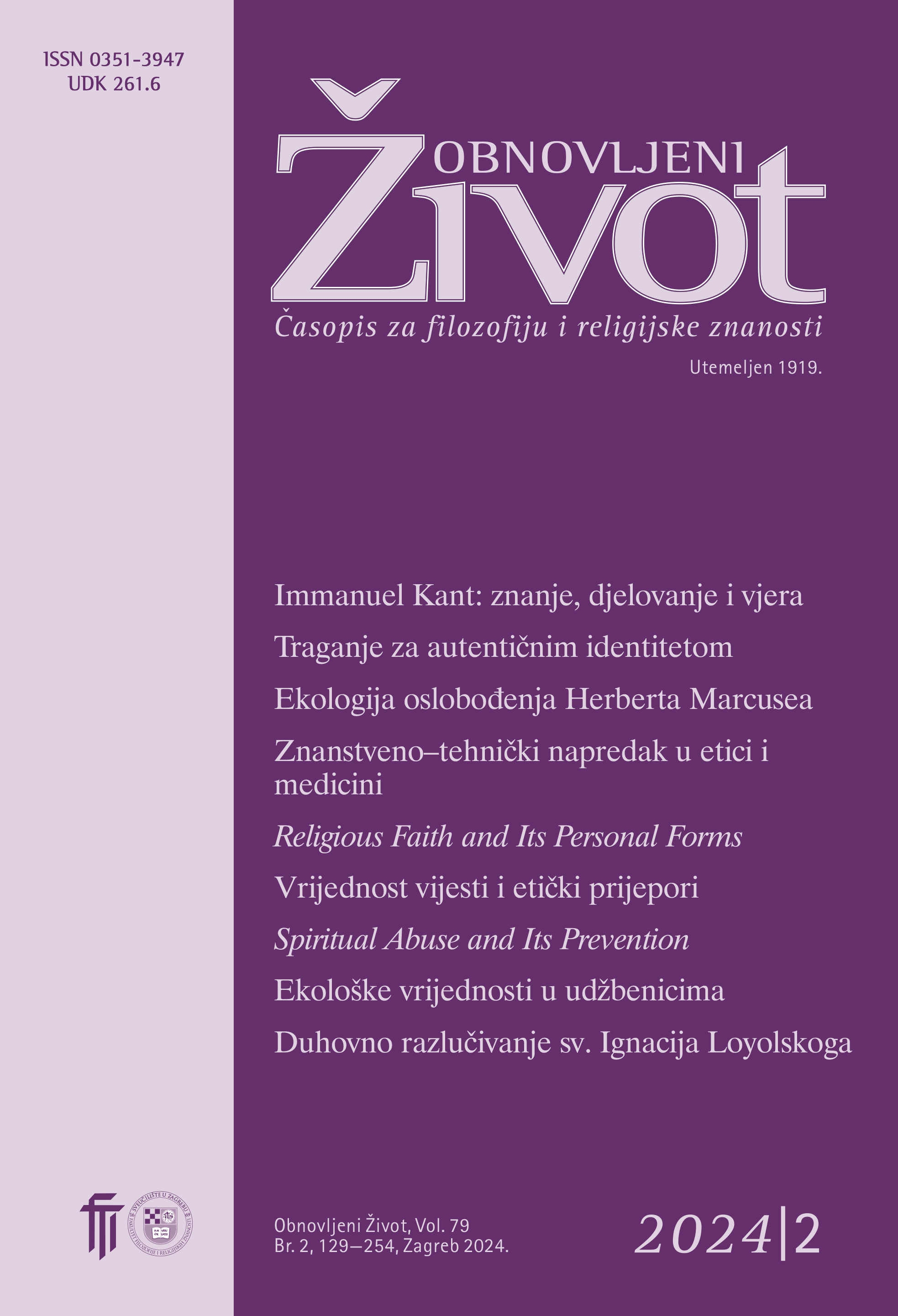Herbert Marcuse’s Ecology of Liberation
Keywords:
Marcuse, ecology, nature, environment, a new sensibilityAbstract
Marcuse dealt with and anticipated many of our current ecological issues, nevertheless his arguments are somehow missing from contemporary ecological debates. He demonstrated that society is a part of natural history to the degree that nature is reshaped by society, thus avoiding dualism whereby nature and society are viewed as opposites. At the centre of Marcuse’s ecological thinking was the idea that the modern industrial system, with its emphasis on economic growth, consumerism and technological progress, had caused a split in the relationship between human beings and nature. For Marcuse, the domination of nature by humans was neither a natural nor an inevitable phenomenon, but rather the result of a historical process which economic, social and political forces had shaped. According to Marcuse, the ecological crisis reflected a wider capitalist crisis and therefore could not be solved within the framework of capitalism. However, this was no cause for him to call for abandoning technology and returning to nature in its pristine state. Instead, Marcuse argued that it was necessary to re–imagine the relationship between human beings and nature by liberating eros, the life–affirming energy which would enable a new understanding of what it means to be a part of the ecosystem. For Marcuse, the liberation of nature is intertwined with the liberation of human beings. This requires a fundamental shift to an eco–friendly utilization of science and technology and the development of a new sensibility. This article examines and evaluates Marcuse’s ecology of liberation and seeks to demonstrate the way in which his perspectives on ecological issues can still be relevant to contemporary ecological theory.
Downloads
Published
Issue
Section
License
Jednom prihvaćeni članak obvezuje autora da ga ne smije objaviti drugdje bez dozvole uredništva, a i tada samo uz bilješku da je objavljen prvi put u Obnovljenom životu. Uredništvo će obavijestiti autora o prihvaćanju ili neprihvaćanju članka za objavljivanje.
Članci objavljeni u časopisu se, uz prikladno navođenje izvora, smiju besplatno koristiti u obrazovne i druge nekomercijalne svrhe.


